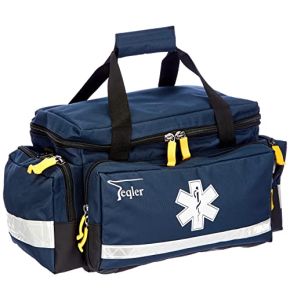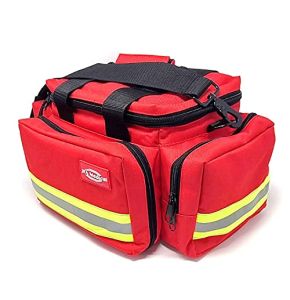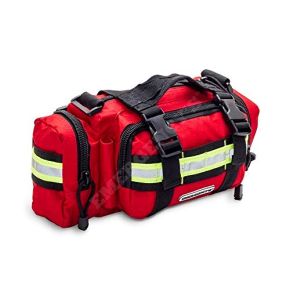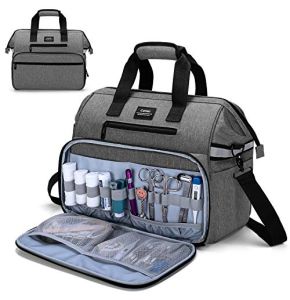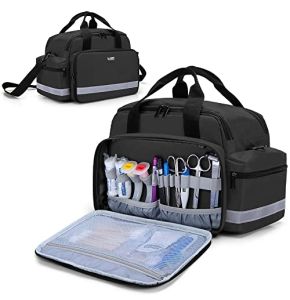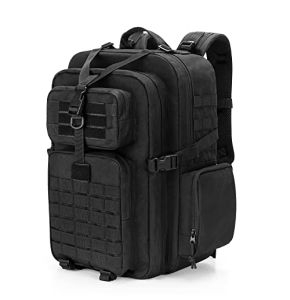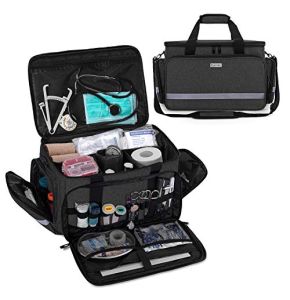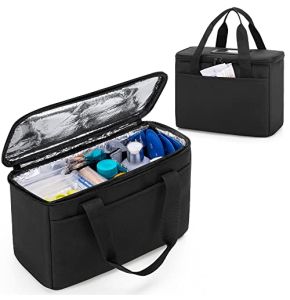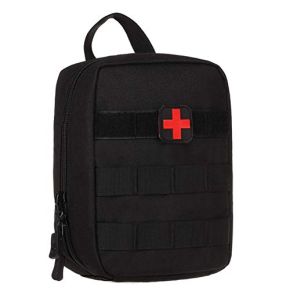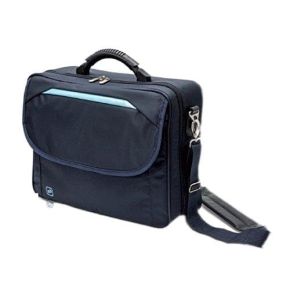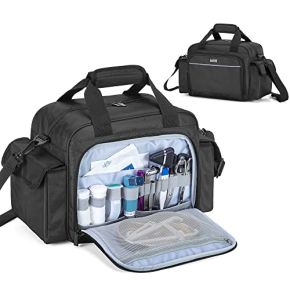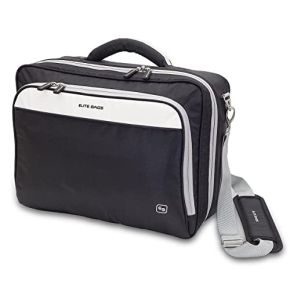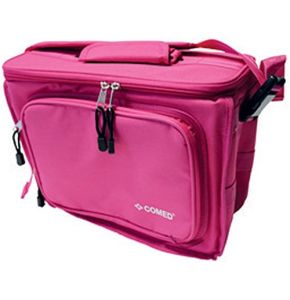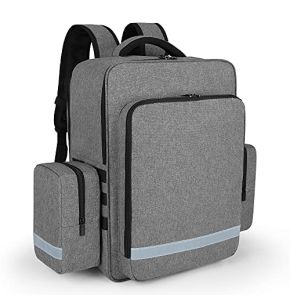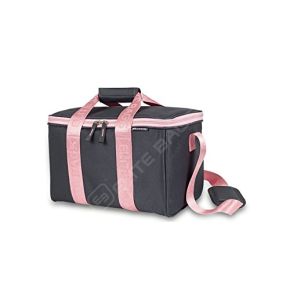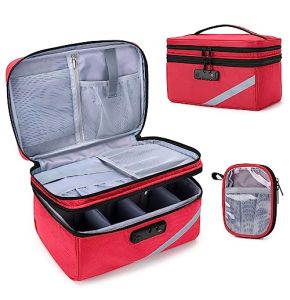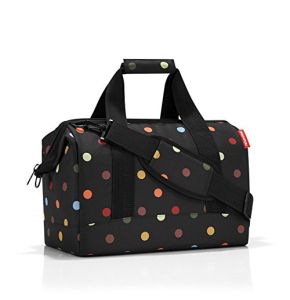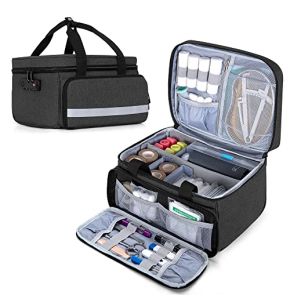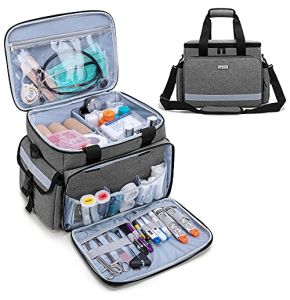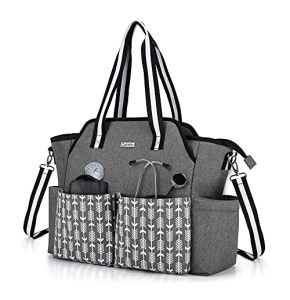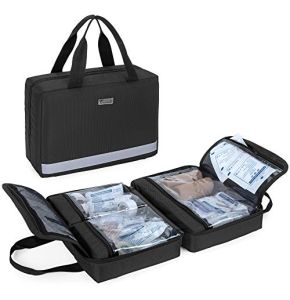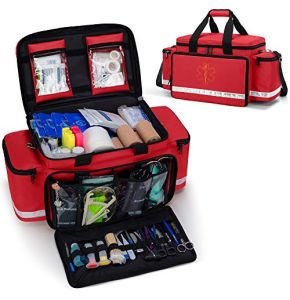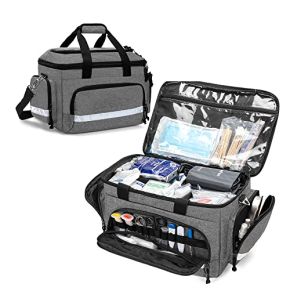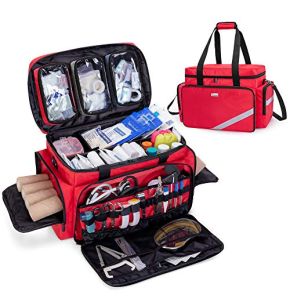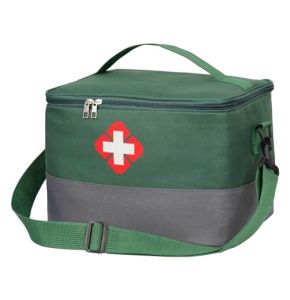Medical briefcase
18/11/2024 307
18/11/2024 236
18/11/2024 325
18/11/2024 273
18/11/2024 269
18/11/2024 273
18/11/2024 223
18/11/2024 295
18/11/2024 242
18/11/2024 235
18/11/2024 248
18/11/2024 314
Medical Bags for On-the-Go Professionals
For general practitioners, independent nurses, and emergency responders, a medical bag is an essential tool. It securely transports the medical instruments and devices needed for home visits or emergencies. A good medical bag makes the work of traveling healthcare professionals easier, ensuring efficiency and responsiveness to patient needs.
Different Types of Medical Bags
There is a wide range of medical bags to meet the specific needs of every professional. Hard cases provide optimal protection for delicate equipment, made from materials like ABS or aluminum. Soft bags and pouches made of nylon or faux leather are lightweight and easy to carry. For those needing hands-free options, a medical backpack is an excellent choice. Some medical bags feature insulated compartments, removable modules, or customizable storage spaces for optimal organization.
How to Choose Your Medical Bag
Choosing the right medical bag depends on several important criteria. Storage capacity is crucial for efficiently organizing medical instruments and supplies. A doctor's bag with well-designed compartments allows quick access to medical devices. Durability and resistance are also critical for daily use; robust materials protect your equipment. Transport comfort, with ergonomic handles or padded shoulder straps, is important for frequent travel. Finally, security is paramount; a medical case with locking systems safeguards your tools from theft or damage.
Organizing Your Medical Equipment Effectively
Proper organization of your medical bag can save time during consultations. It is recommended to separate sterile consumables from non-sterile ones to avoid contamination. Use transparent pouches for easy identification of your instruments. For medication management, ensure compliance with transportation regulations, especially for sensitive items like blood samples. Bags with insulated compartments can be useful for maintaining the appropriate temperature.
Maintenance and Hygiene of Your Medical Bag
Hygiene is a priority for healthcare professionals. Regularly cleaning your medical bag helps prevent cross-contamination. Choose a medical bag made with materials that are easy to disinfect and resistant to chemical products. This not only ensures the cleanliness of your equipment but also the safety of your patients.
Customization and Additional Features
Many medical bag models offer customization options. You can add your name or clinic logo to your doctor's bag, enhancing your professional image. Additional features like document holders, laptop sleeves, or phone compartments can complement your medical case. This ensures you have a tool perfectly adapted to your needs.
Innovations in Medical Bags
Medical bags are evolving with technology to make healthcare professionals' work easier. Some models include refrigerated compartments for transporting medications or blood samples at controlled temperatures. Others feature GPS systems to locate your bag in case of loss or theft. Connected medical bags allow you to track your supplies and manage inventory, ensuring you always have the necessary equipment during visits.
At Placemed, we offer a wide range of medical bags to meet the demands of healthcare professionals. Whether you're an independent nurse or a general practitioner, you'll find the right medical bag for your needs. Our medical bags combine practicality, durability, and comfort to support your daily practice. Explore our models of medical bags and pouches to optimize your travels and provide quality service to your patients.
 Francais
Francais 
